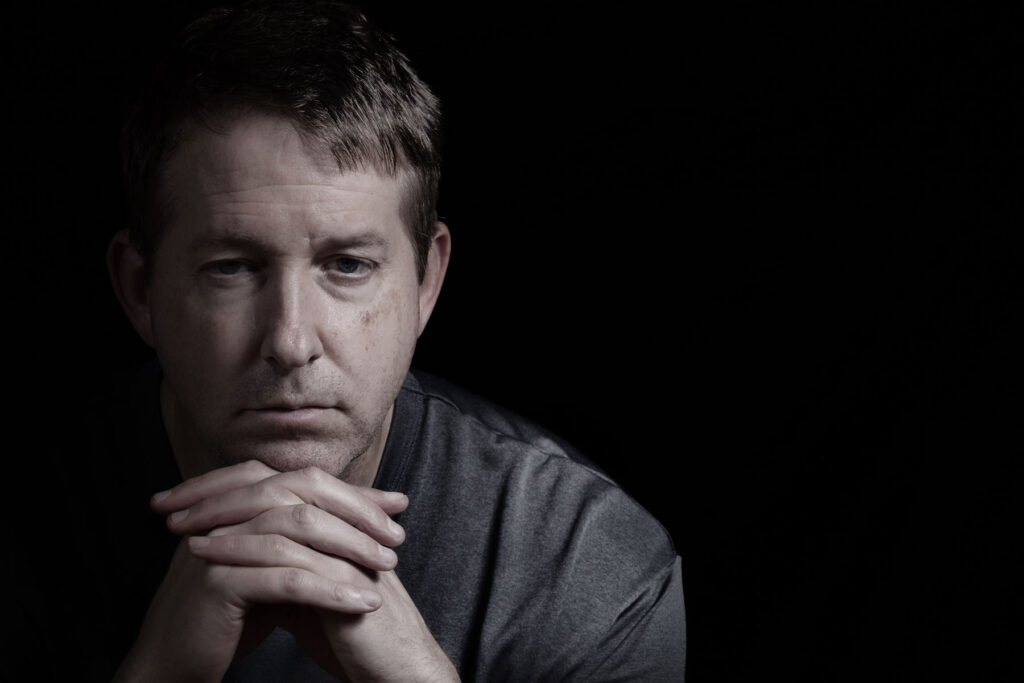Struggling with anxiety can feel overwhelming, and sometimes it’s hard to know where to turn. If you or someone you love is struggling with a substance use disorder (SUD) and chronic anxiety, a dual diagnosis treatment program can help. For those struggling with anxiety alongside alcohol or drug abuse, The Right Step Houston offers support and solutions. Call 1.844.768.0169 today to explore your options for compassionate care and treatment.
What to Know About Anxiety Disorders
Most people have experienced anxiety in their lives. Often, it has to do with a situation or stressor that arises, creating a physical burst of cortisol and adrenaline so the body and brain can cope with the crisis. But for those who struggle with anxiety disorders, their baseline is anxiety, and additional spikes of panic can occur.
Types of Anxiety Conditions
Anxiety disorders fall into three basic categories:
- Generalized anxiety – Crippling anxiety manifests daily as intractable worry based on anything or nothing.
- Social anxiety – About one in 10 Americans suffers from this form of anxiety that involves fear of public embarrassment, being judged, or feeling overwhelmed in social situations.
- Panic disorders – Sparked at any time for any reason or no reason, panic attacks are anxiety on steroids. They require careful management and can land people in the emergency room.
The constant flood of stress hormones in the body is damaging and unpleasant. It’s no wonder that so many people who struggle with anxiety disorders turn to self-medication with substances to feel better.
Signs of Anxiety Disorder
Though there are nuances within each type of anxiety disorder and everyone’s experience is different, the manifestation of anxiety through symptoms such as the ones listed below is often crippling and can impede your ability to function:
- Irritability and feeling on edge
- Rapid breathing or hyperventilation
- Racing or elevated heart rate (tachycardia)
- Debilitating nervousness
- Dread or a sense of impending doom
- Trembling
- Excessive sweating (flop sweat)
- Poor sleep hygiene (usually insomnia)
- Digestive issues
If you struggle with anxiety and know that drugs or alcohol has begun taking on too much importance in your life and ability to cope, consider a rehab program that can address co-occurring disorders in a coordinated approach based on best practices.
Co-Occurring Anxiety and Substance Abuse
The frequency of anxiety co-occurring with drug or alcohol abuse and addiction is largely because of the motivation for turning to substances and the loss of perspective created by substance misuse. The strain of living with anxiety has to do with things such as:
- Inhibitions
- Emotional and mental discomfort
- Spikes of panic
- Constant fluctuations of stress hormones
- Hyper-vigilance
Living with anxiety is exhausting.
The Dangers of Self-Medication
Turning to drugs or alcohol to quiet such symptoms is understandable, but you’re likely to lose perspective about your limits. Self-medication will seem to help at first but backfires soon after. If you become dependent on and addicted to alcohol or a drug or drugs, you’re adding a new set of risk factors into the mix. The fluctuations between intoxication and anxiety put extra strain on the body and brain.
What do you do once you’ve been caught in the trap of an SUD? Seek professional help from a dual diagnosis treatment center. At The Right Step Houston, we offer evidence-based treatments such as cognitive-behavioral therapy (CBT) and dialectical behavior therapy (DBT). Individual, group, and family therapy are all available to support your recovery.
Get Started with Dual Diagnosis Treatment Today at The Right Step Houston in Texas
In our dual diagnosis treatment program, you can receive coordinated treatment that addresses both your substance abuse and anxiety disorder, which is considered best practice.
Our professional, compassionate therapists at The Right Step Houston can address your co-occurring disorders in a coordinated program. Call 1.844.768.0169 today or complete our online form to take the first step to wellness.

